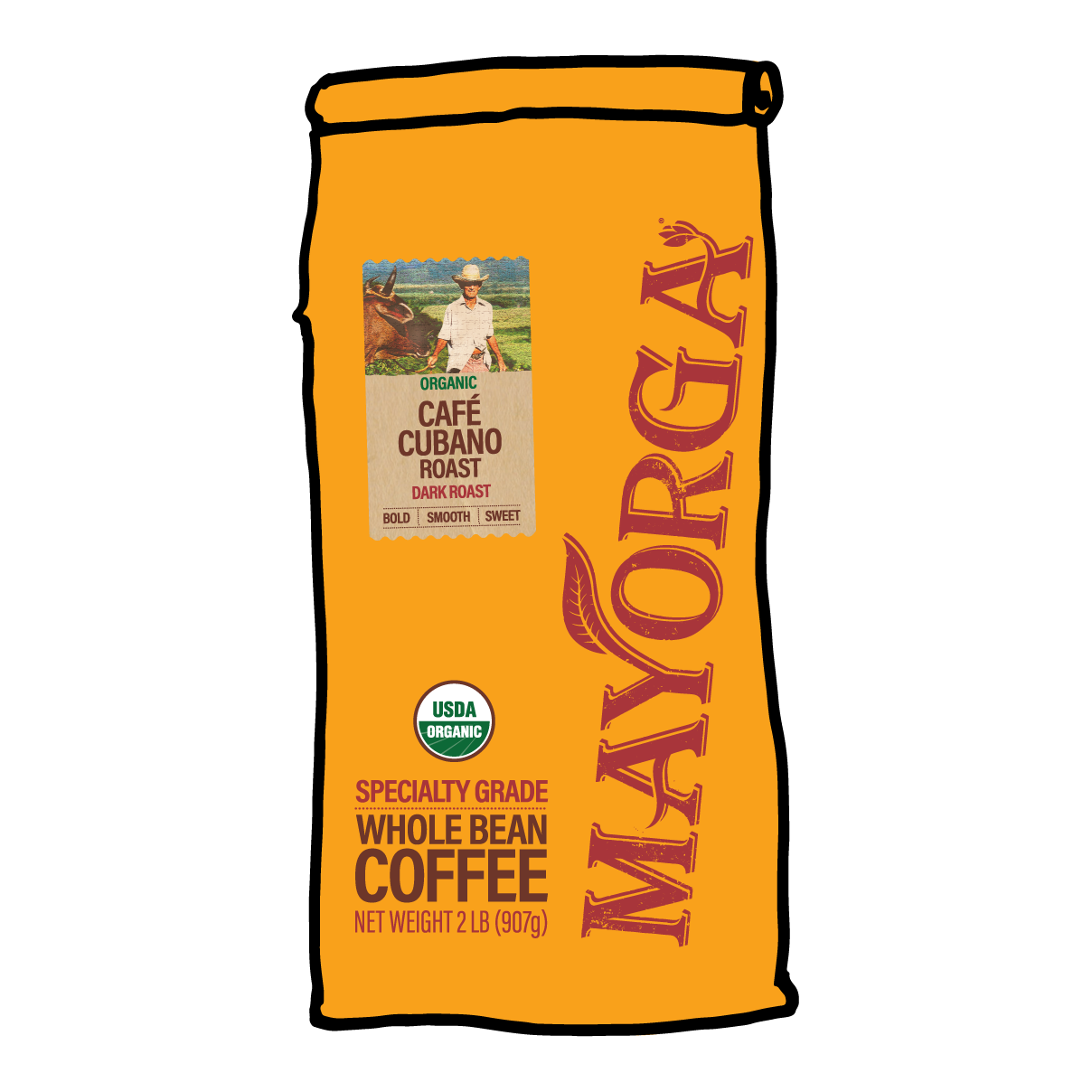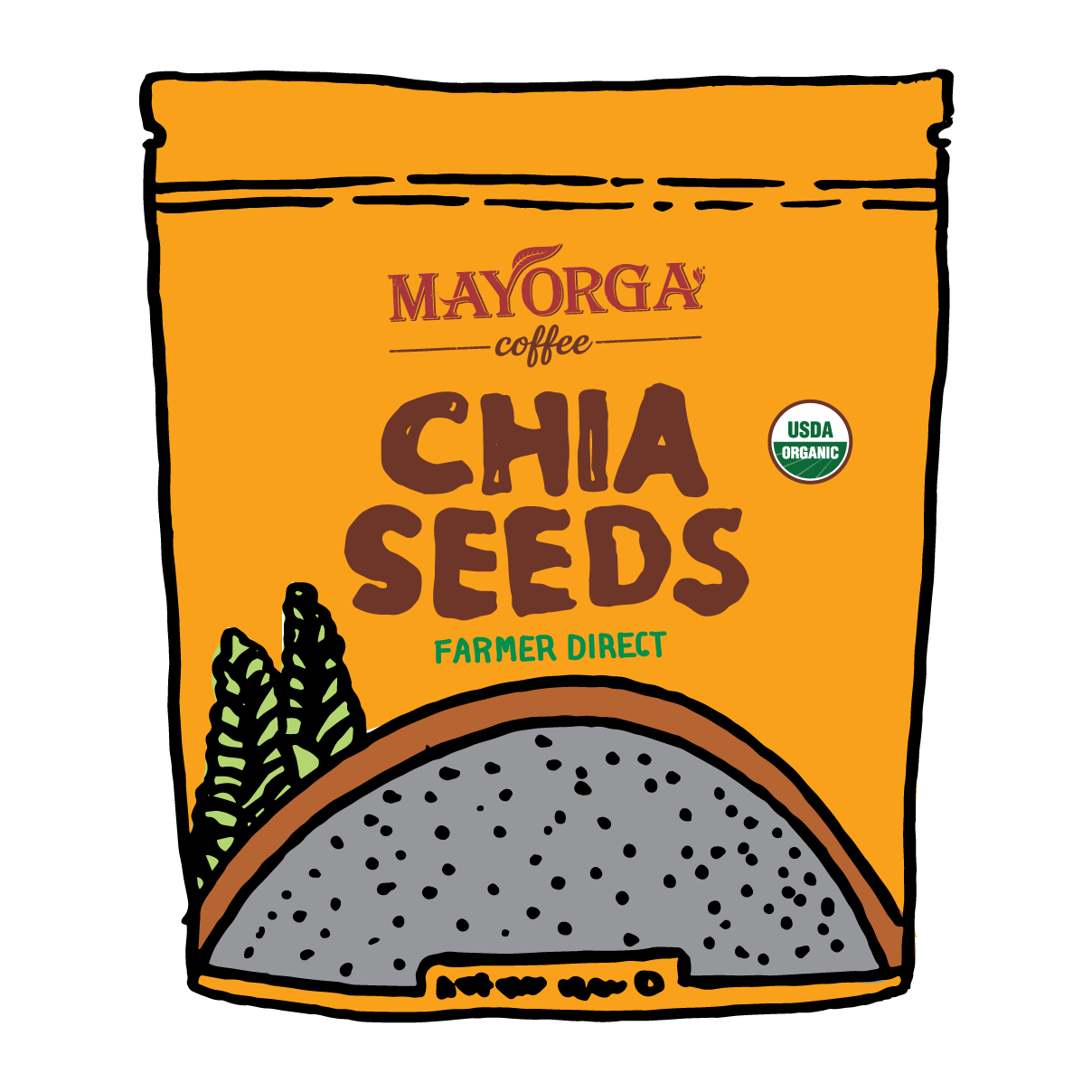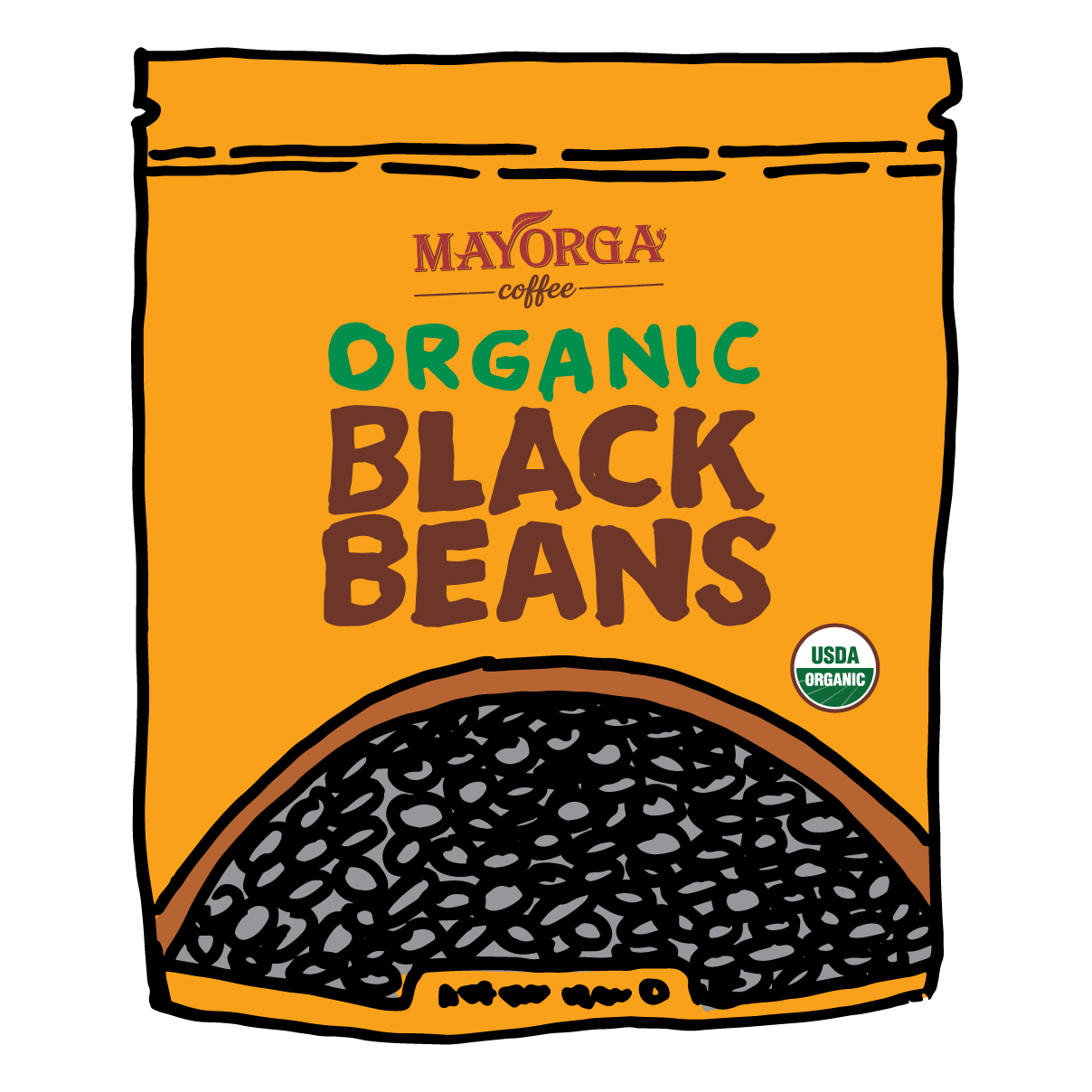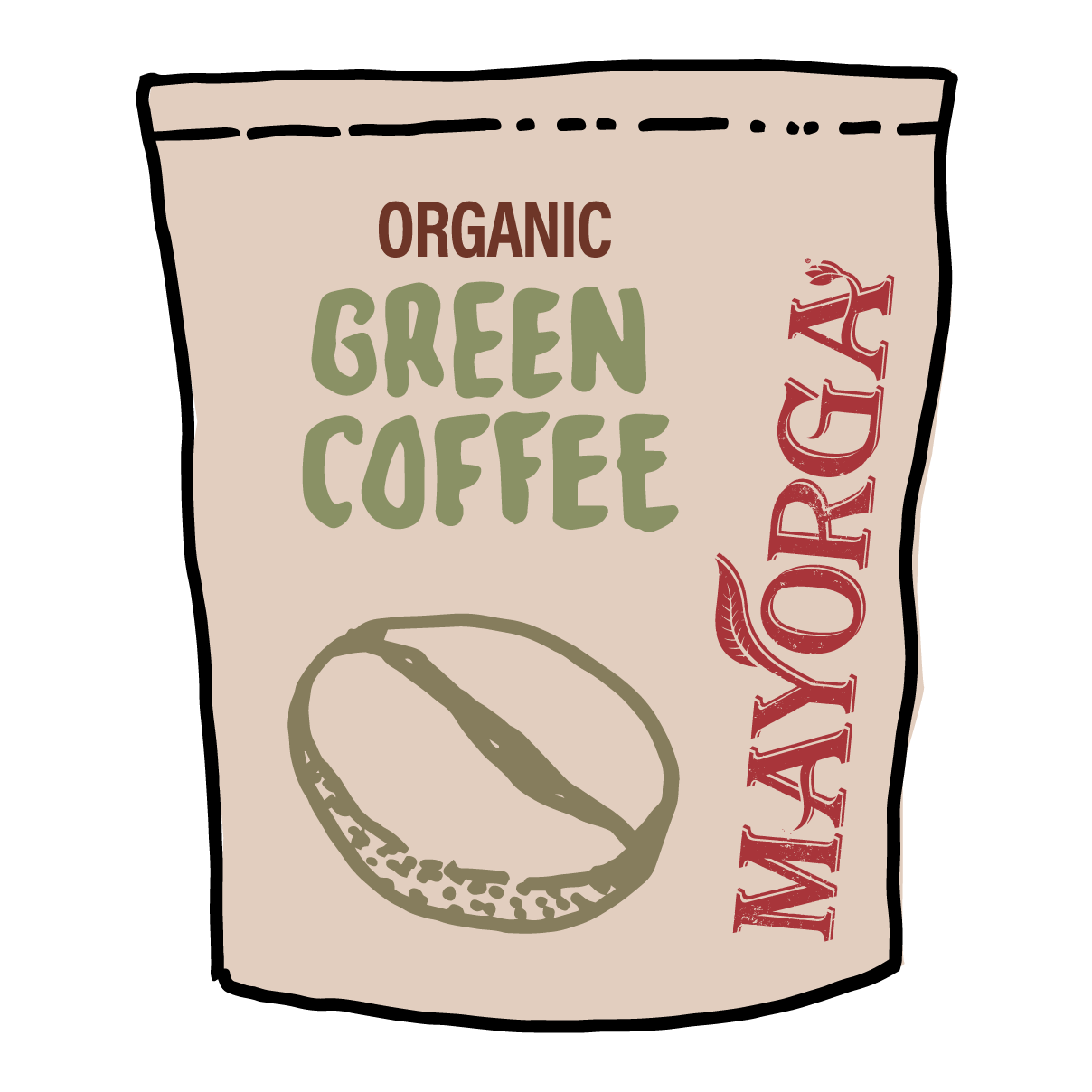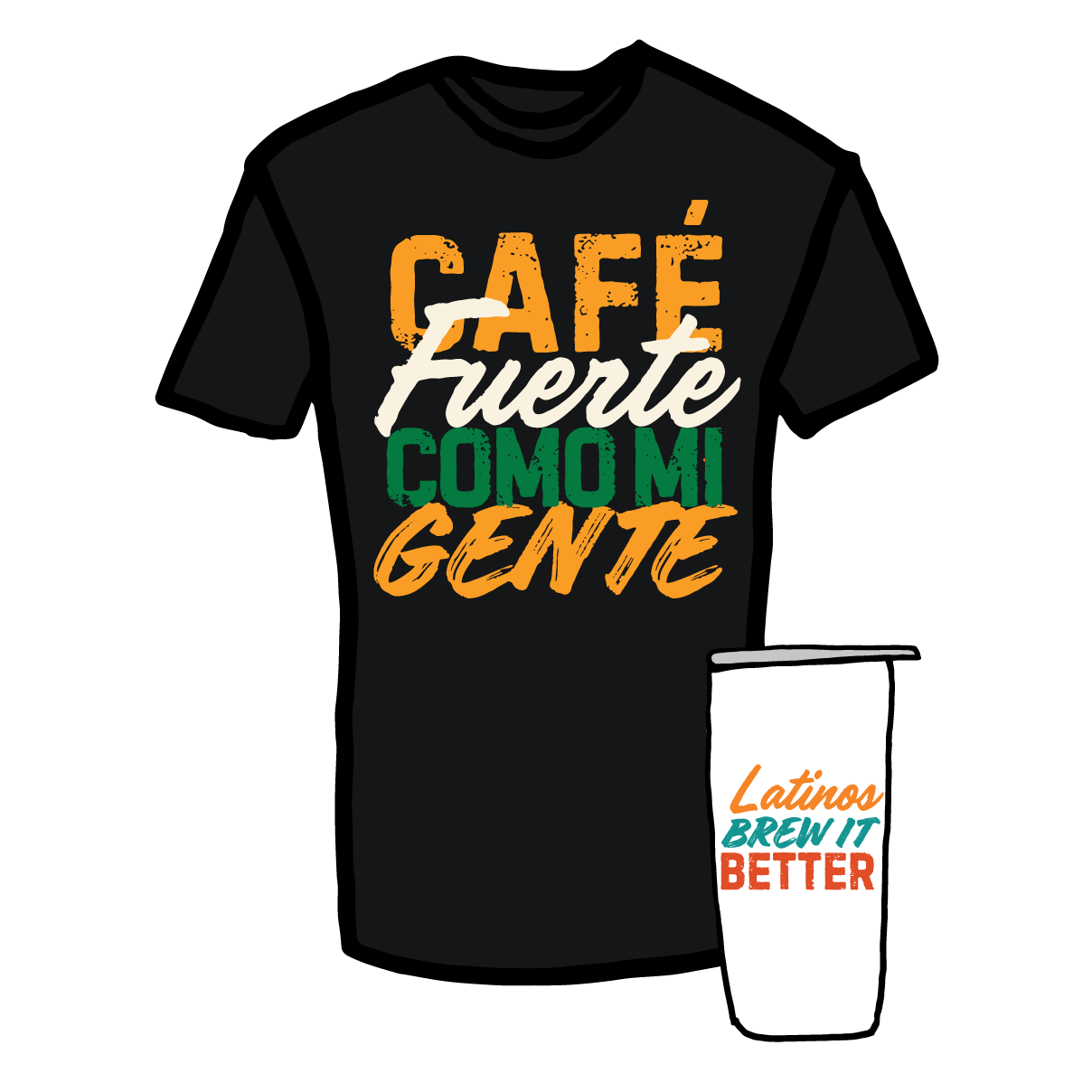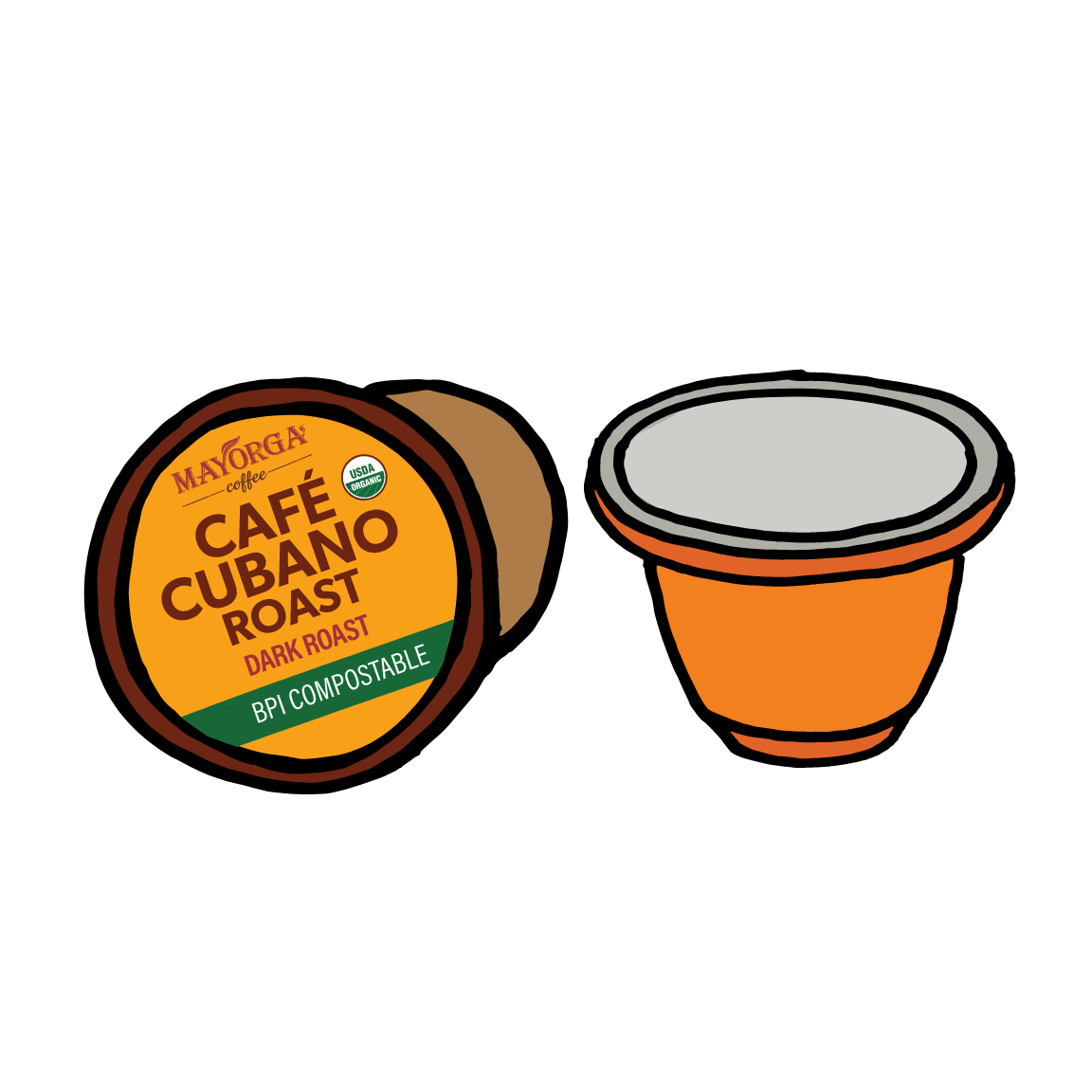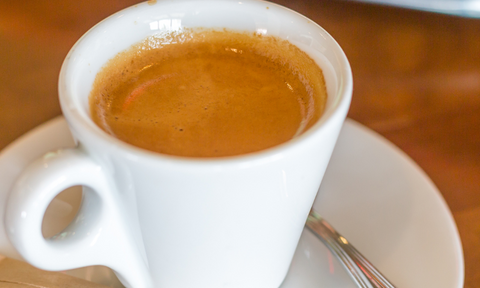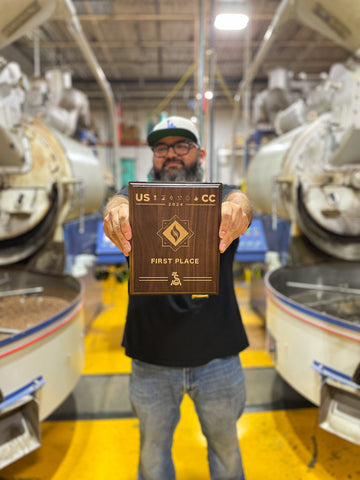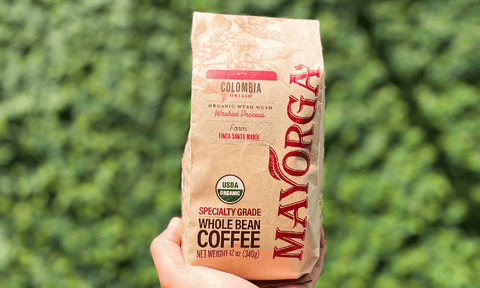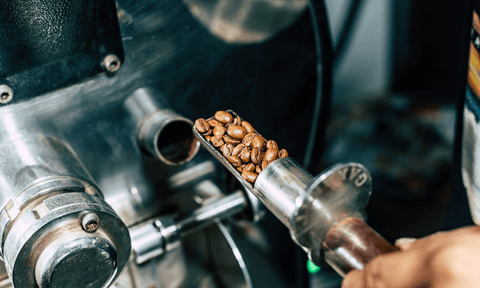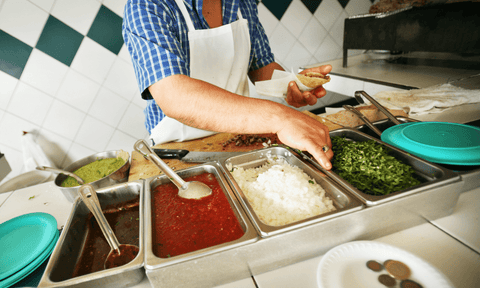Have you ever taken a bite of something and felt as if you were suddenly transported to another time and place?
Our food, specifically our home-cooked meals, has an exceptional ability to do just this.
Table of Contents
Nostalgic Recipes: The Secret Ingredient
The first time I ate a traditional Colombian arepa, for instance, I had a distinct feeling of déjà vu.
Yet, the closest thing I could remember ever having eaten was the handmade gorditas my abuela would make for our large family gatherings in Mexico.
The arepas had been handmade by my close friend, following a family recipe which had been passed down from generation to generation.
While their round shape and doughy feel reminded me of gorditas, the flavor was completely different. Despite this, I couldn't help being transported back to those early days filled with homemade food and laughter in the company of my abuelita.
In most Latin American countries, food is not made alone but rather in a community. For us, homemade food is an act of love meant to be shared with others. Here, if you were to ask an abuelita the secret ingredient to any of her home-cooked meals, the answer would be simple: love.
More than that, cooking and eating homemade meals go hand in hand with spending time with loved ones. In fact, it is two of the things we are most proud – and adamant – about passing on to our children.
Whether drinking a café con leche in San José or enjoying some tacos de pastor in the streets of Mexico City, all over Latin America, the time for eating is also the time for socializing.
It's an opportunity to share memories, jokes, and recipes – and to make new ones. Because of this, our food has a strong emotional component.
When you remember your favorite dish as a kid, you not only remember the taste, smell, and texture but you also remember the people that were there with you. You remember the small details like the smell of your mother's perfume or the sound of your best friend's laugh.

Flavors and Memory
Why is it that Latino home cooking makes us so nostalgic? Well, part of it has to do with the fact that Latino food is deeply connected to our emotions. We cook when we're happy, sad, or angry.
A popular myth among Mexican cooks, for example, is that if you make salsa while you're mad or upset, it'll come out extra spicy.
Latino food is so intrinsically connected with our emotions that it often brings back memories of other times when we ate similar meals.
We even have a literary contest, Memorias Culinarias, dedicated to it. To enter, participants are asked to write an essay about their most treasured food memory.
"The memory goes beyond the food itself to the associations we have to a long-ago memory, whether in the home we grew up in, our hometown, our family," Ana Peña-Oliva, one of the organizers, explains.
"I think one of the reasons why participants are attracted to the Memorias Culinarias contest is because cooking recipes make powerful food memories."
This year's winner, Maria Bolkcom, wrote about making tamales with her mother while growing up in Guadalajara, Mexico.
"I never thought that I'd miss those flavors. It's all about being grateful. It's all about the appreciation for a meal so special and delicious that you can only get it at home.
"The process, dedication, effort and, above all, love, set an example for me not only in the kitchen but also in my daily life."
In addition to this, our food is meant to be shared. Take, for example, the ofrendas set up for Día de Muertos in Mexico, always filled with homemade dishes, candy, and pictures of family members who've departed this world. Here, food becomes a way to remember our loved ones, even when they're long gone.
Another reason why home cooking makes us so nostalgic is that making food is a way of keeping our cultural and family-specific traditions alive. Whether making pupusas the Salvadoran way just like your grandfather taught you or drinking your coffee the same way your mother did, foods can make us feel profound emotions and remember some deeply-rooted memories.

Abuela vs Chef
Latinos prefer home-cooked meals. Sure, we love a good restaurant just like everybody else but even when we're going out, we tend to compare the dishes to what our mothers or abuelas would make.
This could be because when we associate foods with happy memories, the effects are profound, impacting how good we think foods taste and how they make us feel.
While we may have fond memories of our favorite restaurants or street-food spots, our memories of the time, recipes, and foods shared with our loved ones at home will always be stronger.
For Hugo Acosta, that memory is of the flan his mother used to make when he was little and still living in Venezuela. Although the dessert was delicious, Hugo says what he enjoyed most about it was the conversations that were had around the dinner table, from politics to what happened at school, and flan "was like the jewel, the special moment thing".
That special moment is also one of Peruvian Mary Cullipher's most treasured memories of her home country. Her favorite dish is papa a la huancaína, a popular Peruvian food, not because of its taste (although it is delectable) but because it reminds her of her family who taught her how to make it.
"In Peru, mothers traditionally pass along recipes to their daughters and teach them how to cook. I learned all my recipes from my mom," Mary says.
Rafael Seguinot, a Puerto Rican now living in the US, agrees. The Puerto Rican’s favorite dish is pasteles de yuca: "My greatest memory of the pasteles is not eating it; the even better part is making them," Rafael says.
"And then you see the faces of the people enjoying the pasteles." And that moment of happiness makes all the hard work in the kitchen worth it; the magic moment that will be remembered for years to come.
While our cultures and our cuisines may differ across the continent, it also has something special in common. From Peru to Guatemala, cooking is all about knowing how to use simple ingredients to create complex dishes that are not only packed with flavor but also with culture and history.
With so many stories and emotions tied to every dish, it’s not hard to understand why our food is so nostalgic.
Enjoying home-cooked meals with loved ones are among the most cherished memories for all Latinos.
But it’s also important that the ingredients we put into those meals don’t cause harm to those who grow them.
At Mayorga Coffee, we work directly with organic coffee farmers to ensure that the beans we buy are not only good for the farmers’ land, but also good for our bodies.
